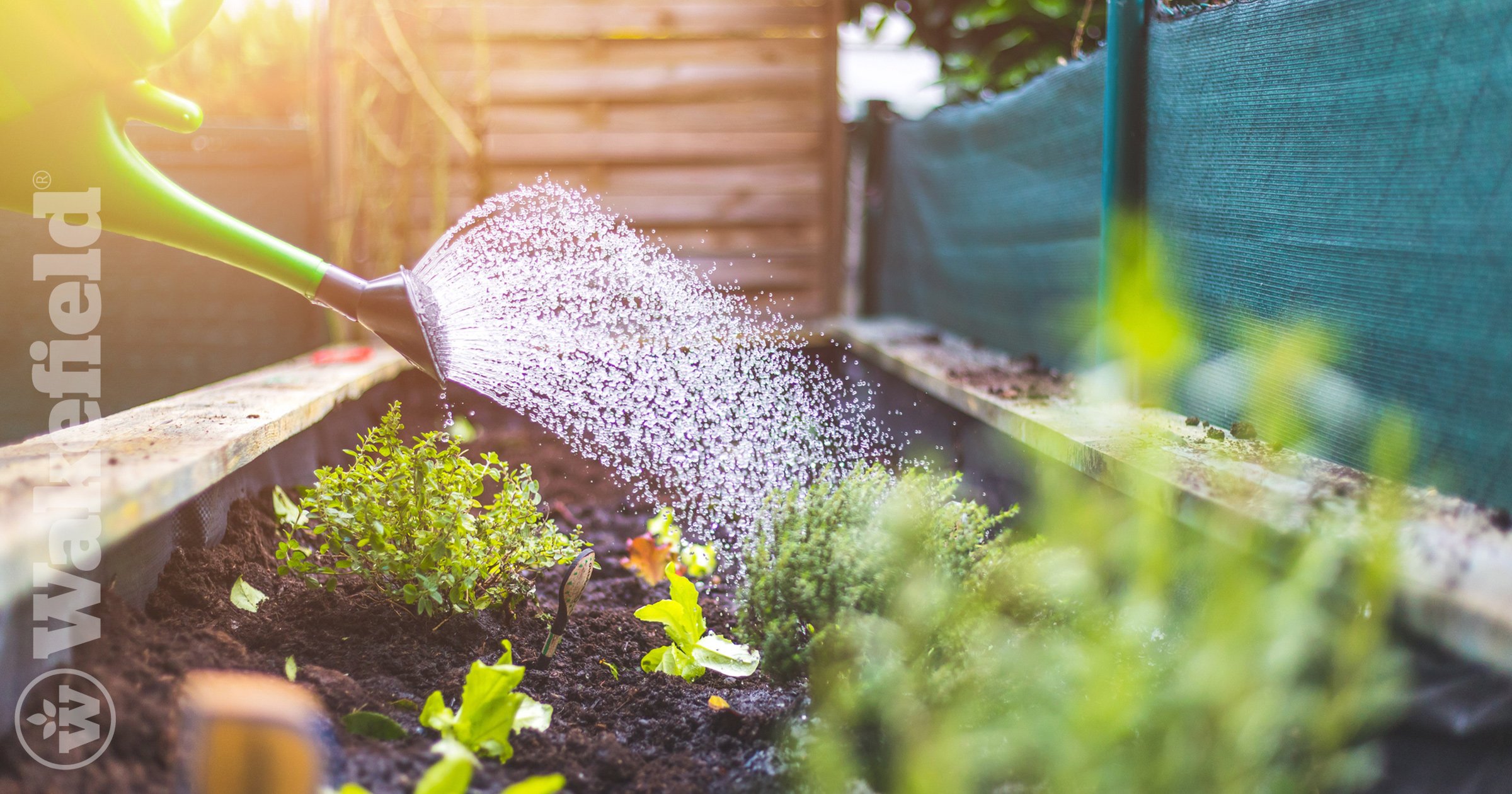How to Activate Biochar

Biochar can work wonders on soil health, but it requires activation before it can provide full nutrient-boosting benefits to your plants. Thankfully, activating your biochar is a simple process, which you can do at the same time that you apply it to your lawn or garden.
The quickest activation method is to combine your biochar with organic compost in a 1-to-1 mixture and apply it to the soil. Rake the mixture into the soil for best results. Keep the soil consistently moist for the next 7-10 days, and your biochar is now activated!
Don’t have compost on hand? No worries! Biochar will activate itself in your soil over time.
Why Does Biochar Need to be Activated?
Biochar is extremely porous. It is designed for water and plant nutrient absorption, and stores microbes and nutrients.
Biochar is created via a process known as pyrolysis. Organic biomass is heated to a high temperature in a no-oxygen environment. Once the pyrolysis process is complete, biochar’s huge surface area interacts with water, air, and soil. Consider that the surface area of less than 15 grams of biochar is the same size as a football field.
When biochar is placed in the soil, it absorbs water and nutrients until it soaks up a sufficient amount. This process can be sped up, and the great benefit to your plants or lawn delivered sooner, if the biochar is mixed with compost prior to or at the time of application.
What Is the Difference Between Activation, Inoculation, and Charging?
Activation, inoculation, and charging are all terms used to get biochar up and running so that it delivers the greatest benefit to your soil’s health. Here’s a breakdown of what they mean:
Activation
Activation means allowing biochar to absorb water and nutrients when you put it in the soil. Think of its porous surface as a sponge.
Many gardeners have their own compost piles. Activate biochar by mixing it thoroughly on a 50-50 percent basis with compost. Keep the mixture damp for a week or two and apply it to your garden or on your lawn at your leisure.
Inoculation
Biochar inoculation involves introducing specific microbes, such as mycorrhizal fungi, and “good” bacteria with properties that promote plant growth and fertility. Biochar provides an immense habitat for these beneficial microbes, allowing these microorganisms to exchange nutrients with plant roots and protect plants from many diseases.
After the biochar is inoculated, there is a period during which the microbes colonize and stabilize a community within the biochar’s massive pores. The length of time required depends upon the type of microbes inoculated and how much microbial activity is wanted.
Charging
Charging is a similar term for activation. It refers to the biochar being charged with nutrients, including:
- Nitrogen
- Phosphorous
- Potassium
Once biochar is charged in the soil, you can expect to use less water and fertilizer while improving plant health and yield. As per a study published in the February 3, 2022 issue of the journal Plants, “Plant growth and nutrition have been reported to be improved by the combination of biochar and beneficial microbes.”
The easiest way to ensure your biochar is charged is by purchasing our compost + biochar blend.
What to Know Before Applying Biochar
Remember that biochar lasts in the soil indefinitely. In the Amazonian Basin, there are areas of jungle soil that are still immensely fertile 2,500 years after indigenous tribes burned biomass in a low-oxygen environment, creating biochar.
There are many different ways to use biochar. While biochar is best known for its ability to improve soil health and fertility, it can provide benefits beyond the world of plants.
Some non-plant-focused biochar applications include:
- Wastewater management
- Removing toxins from soil
- Livestock feed
- Manure lagoon management
- Building industry insulation
- Battery energy storage
Learn More From Wakefield BioChar
If your goal is growing healthier, better plants, applying biochar to the soil is the way to go. Our certified biochar goes through a rigorous process to ensure it meets all environmental and sustainability standards. In addition to improving soil structure, biochar sequesters carbon dioxide, the greenhouse gas most responsible for global warming and subsequent climate change.
By using biochar, you are doing more than increasing your garden yields or the health of your lawn, trees, or shrubs. You are helping to save the planet. Learn more about biochar and its many benefits!
At Wakefield BioChar, our soil health products include our premium biochar, compost + biochar blend, and premium compost. Using our soil amendments brings you a more beautiful garden or landscape with less work!





